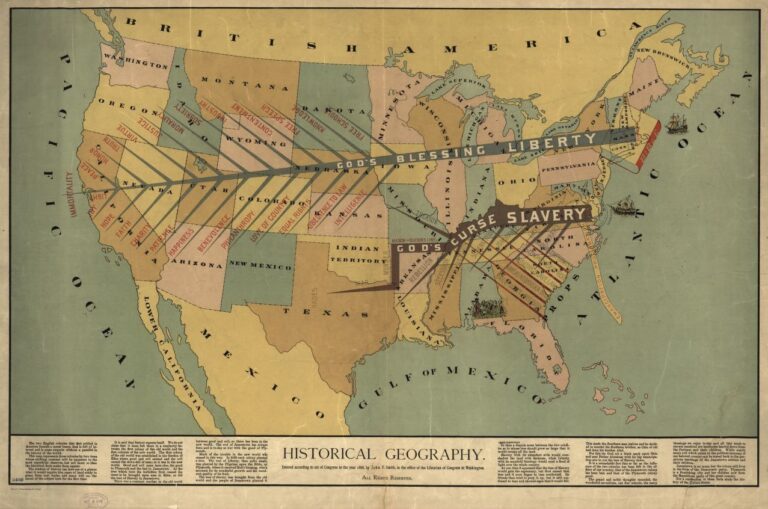Christina Snyder, McCabe Greer Professor of the American Civil War Era, Department of History
Over the course of the Civil War, the U.S. federal government adopted an emancipation policy that became enshrined in the Thirteenth Amendment, ratified in 1865. In the war’s aftermath, northerners and southerners reconciled through the conquest of the West, confronting Native nations and colonists from other empires. These western people also practiced diverse forms of bondage rooted in their own histories, laws, and customs. Championing liberty under a reunified federal government, Americans had to consider their own histories of slavery as well as the varied forms of bondage they found in the West: What counted as slavery? Who should be liberated? Which practices should be ignored, tolerated, or even encouraged? Focusing on Indian Territory (what is now Oklahoma), this talk examines how and why abolition and imperialism became entwined as the United States claimed moral authority over foreign people and western land.

Occurrences
-
Tuesday, March 29, 2022, noon–1:00 p.m.